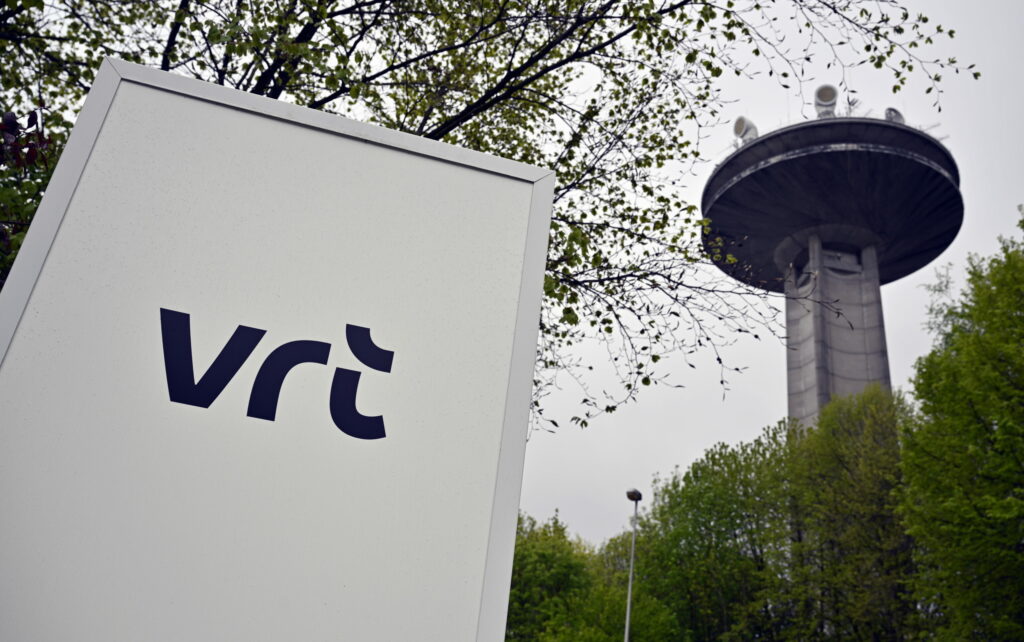The incoming Flemish government aims to assign the public broadcaster VRT with a clear mandate and urges it to be cautious when signing agreements with on-screen personalities.
The new government is also seeking a viable model for commercial broadcasters within the Flemish media landscape, as outlined in the media section of the new Flemish coalition agreement. This will push VRT to focus more than ever on its public service mission. It will receive additional funding to do so, although the exact amount is yet to be determined.
Key aims include offering content that fosters social cohesion and the Flemish community. Priorities remain news, information, education, and a broad array of Flemish culture and sport. The broadcaster will also provide quality entertainment, religious programmes, and will have content for a breadth of Flemish media users – particularly children, young people, the elderly, those with low literacy, individuals of foreign origin, and people with disabilities.
Financial sustainability
The VRT should promote “the Flemish identity in all its diversity” and place high importance on the standard Dutch language.
The agreement explicitly asks VRT to exercise restraint in their agreements with TV personalities. The government insists that presenters should reflect the diversity of the Flemish community.
The public broadcaster is encouraged to work closely with commercial media groups and advertisers to develop new business models to retain commercial revenues in Flanders. The government wants VRT to join forces with private players to compete against international platforms with local content.
The media section also references the action plan addressing transgressive behaviour in the media sector, urging its accurate enforcement and expecting VRT to play a leading role. This follows a scandal involving TV-producer Bart De Pauw in 2022, demanding Flemish media organisations support the plan, appoint a confidant, and annually report incidents of transgressive behaviour.

